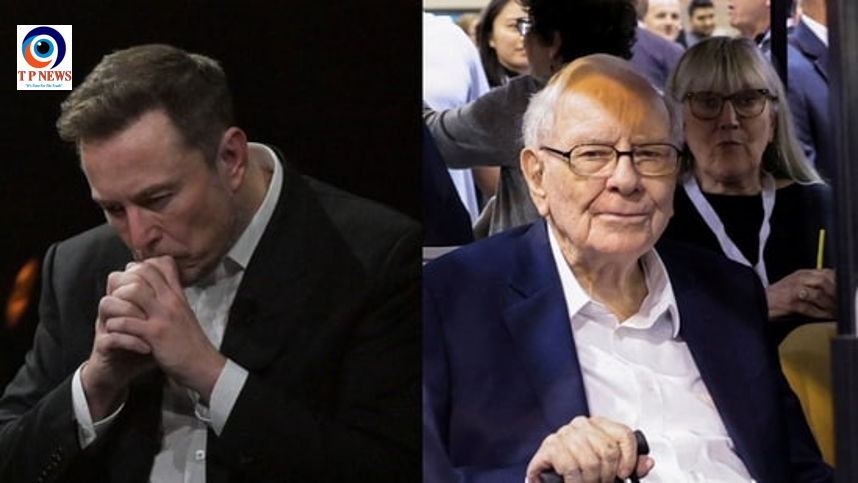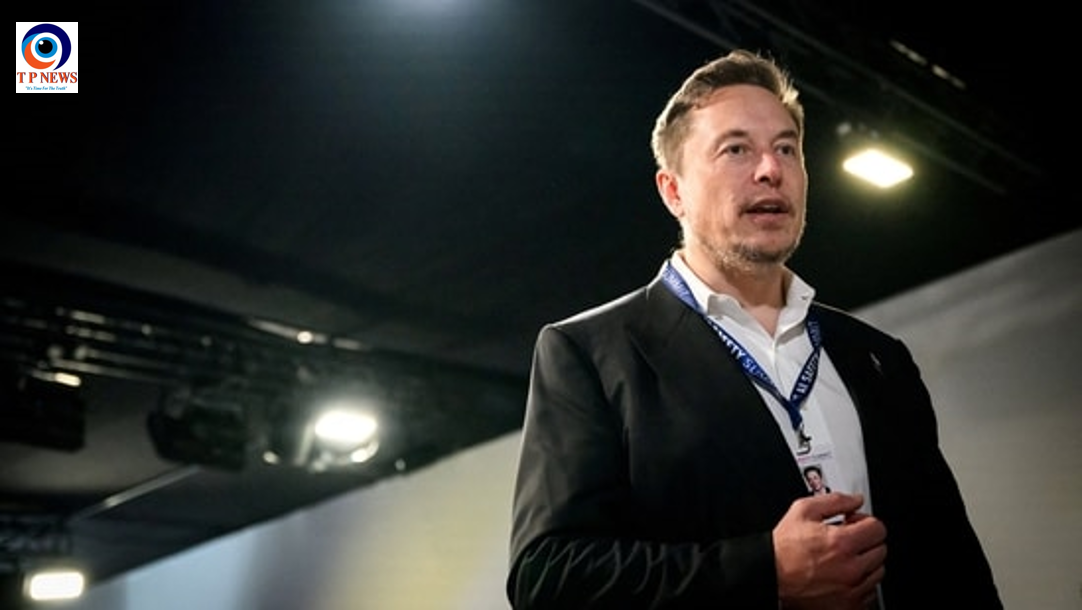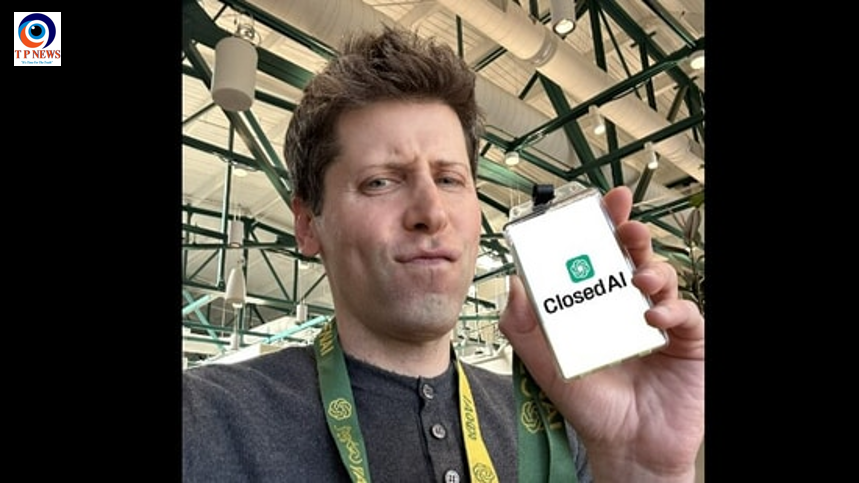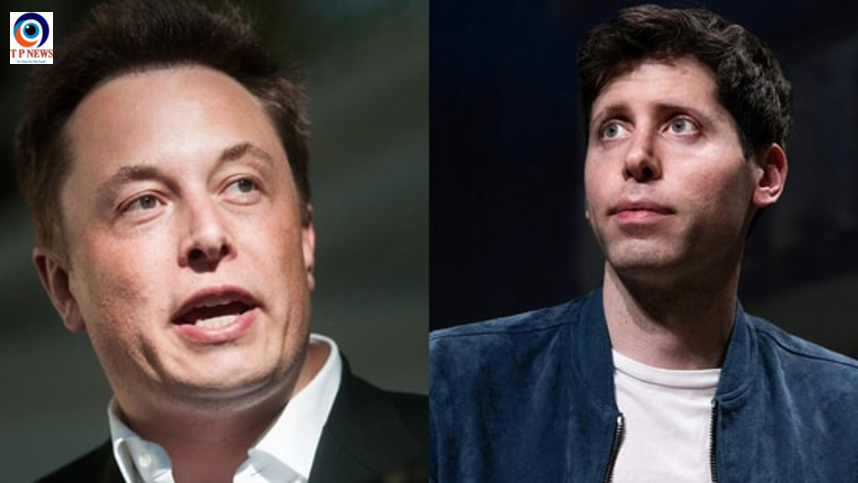In a move that has sparked widespread debate, Elon Musk’s Twitter is preparing to implement a major change: the removal of public “likes” from tweets and user profile pages. This unexpected update will soon prevent users from seeing which tweets others have liked, fundamentally altering the way interactions are displayed on the platform.
The Announcement and Rationale
The news was confirmed by Haofei Wang, Twitter’s Director of Engineering, in response to a tweet from Aaron Perris, a researcher at MacRumors. Perris had discovered an internal feature in the Twitter app for iOS that completely disabled the “Like” tab on public profiles. Wang explained that public “likes” often encourage undesirable behavior and discourage users from engaging with controversial content due to fear of retaliation or concern for their public image. “Soon you will be able to like without worrying about who can see it,” Wang assured users.
User Reactions and Clarifications
The announcement has led to a flurry of questions from users. Enrique Barragán, a software engineer at Twitter, provided further details about the controversial change. Users will still be able to see who has liked their own posts, and the total number of likes on tweets and replies will remain visible. However, the ability to see who has liked other users’ tweets will be removed, and the “Likes” tab will disappear from public profiles.
Historical Context and Implications
Historically, the “Like” tab on Twitter has exposed public figures’ preferences, sometimes leading to controversy. Notable examples include U.S. Senator Ted Cruz and actor Samuel L. Jackson, who were both caught liking explicit content. Even Elon Musk has faced scrutiny for his likes, such as his support for an anti-trans tweet from the right-wing account Libs of TikTok in 2022. Musk’s likes often reveal his interests, including memes, tweets about himself, and posts that mock the trans community.
Part of a Larger Vision
This change is part of Musk’s broader vision for Twitter, which aims to create a cleaner and more streamlined user experience. Future plans include hiding the like and retweet counts in users’ feeds, displaying only the view count. Users would need to click on a tweet to see its likes and retweets. Although this modification has not yet been implemented, Musk has confirmed that it is “definitely happening.”
Community and Expert Opinions
The reaction to this proposed change has been mixed. Critics argue that removing public likes could reduce transparency and accountability, potentially enabling the spread of misinformation and hate speech without visible pushback. Others believe it could promote more genuine interactions by reducing the performative aspect of social media engagement.
Conclusion
As Twitter under Elon Musk continues to evolve, the removal of public likes marks a significant shift in how users interact on the platform. Whether this change will lead to a more positive user experience or foster new controversies remains to be seen. What is certain is that Twitter’s landscape is about to undergo a noticeable transformation, with the social media giant once again at the center of public discourse.
Related Articles
- Twitter’s Evolution Under Musk: What’s Next for the Platform?
- The Psychology Behind Social Media Likes: Will Twitter’s Change Make a Difference?
- Transparency vs. Privacy: The Debate Over Public Interactions on Social Media
These headlines and articles capture the essence and implications of Twitter’s latest changes, offering readers a comprehensive view of what to expect and how it might affect their online interactions.












